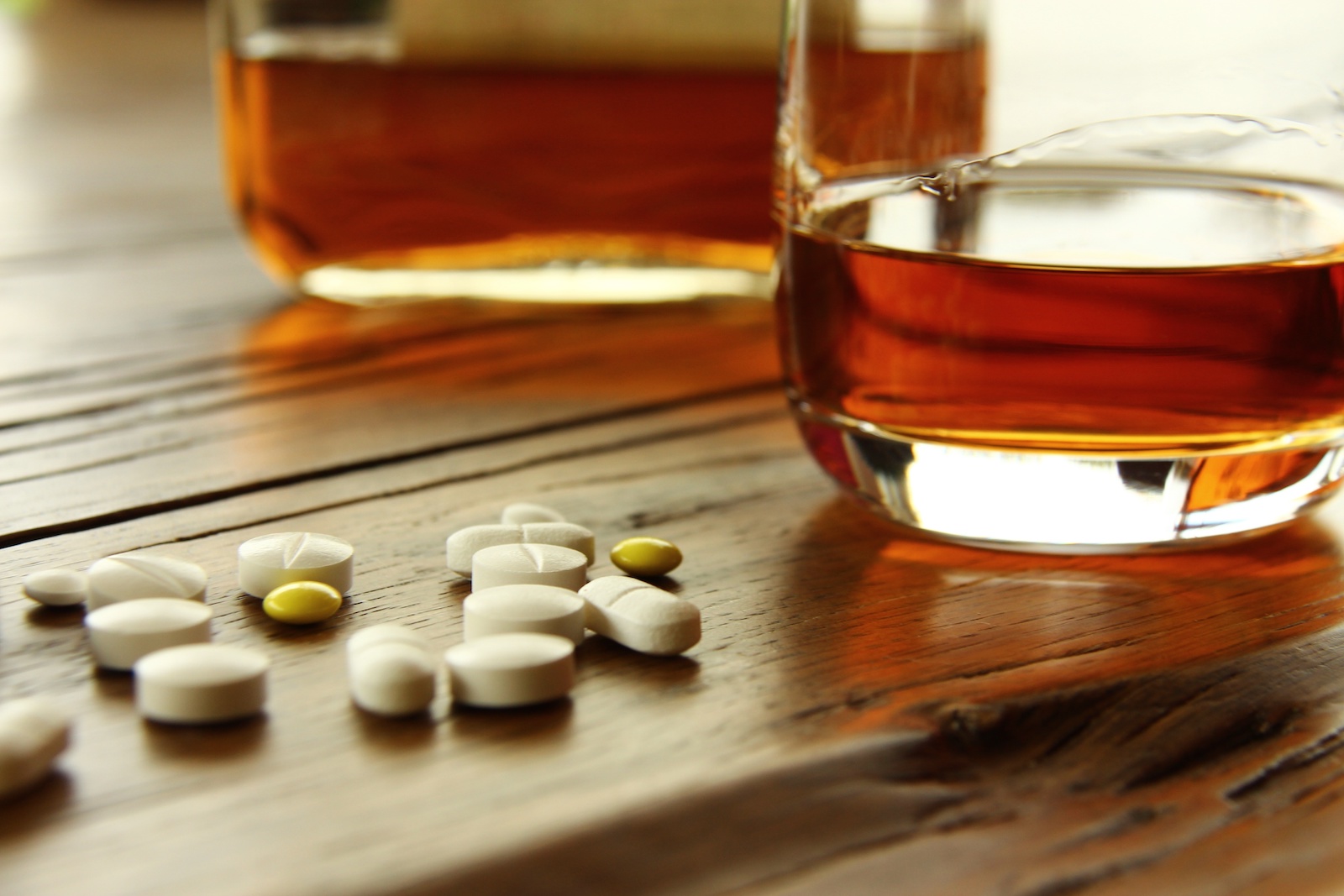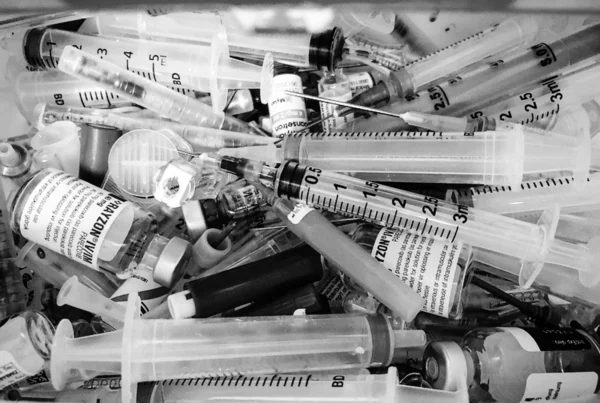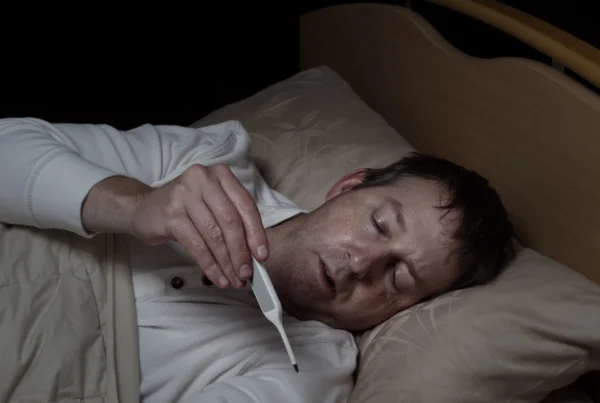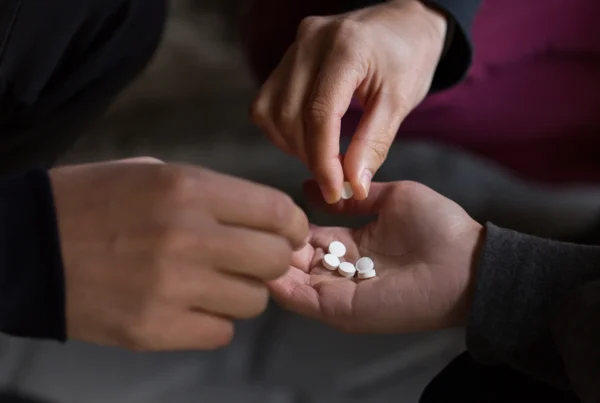
Table of Contents
Every day, there is another story on the news about this country’s opioid crisis and its devastating effects on the individuals who get caught in it as well as their families and friends. Fueled to epidemic status by widespread prescription abuse, opioids remain among the most abused substances yearly. Hydrocodone is one of the most commonly abused prescription opioids.
Hydrocodone is a synthetic opioid produced and marketed to treat moderate to severe pain in various locations, often when other treatments cannot help or cannot help enough to be useful. Hydrocodone is frequently sold under the brand name Vicodin, and it is most often prescribed for short-term pain control after injury or oral surgical procedures. It is only prescribed for short-term pain control since it can generate a significant chemical dependency if taken for too long.
Side Effects of Mixing Hydrocodone and Alcohol
The primary risk of mixing hydrocodone and alcohol is the highly elevated potential for an overdose situation. The side effects include severe nausea, sudden vomiting, fainting or loss of consciousness, difficulty breathing, abnormal behavior, heartbeat irregularity, cardiovascular instability, coma, and even death. This risk is exacerbated by the fact that if someone already has hydrocodone in their system, it only takes a relatively small amount of alcohol to begin the dangerous and potentially deadly interaction.
Withdrawal Symptoms From Hydrocodone
Hydrocodone interacts with the same receptors in the brain as heroin. Since it has a significant effect on the body, it can begin to form a strong chemical dependency after only being prescribed its use for a week. This means that even in such a short time as 5 days of prescribed use, stopping hydrocodone can begin to bring on withdrawal symptoms. These withdrawal symptoms can begin in as little as 6 hours from the last time the drug was taken and can last about 10-14 days. This will strongly depend on the variety of hydrocodone that was being abused since extended-release or delayed-release formulations can present their unique timelines.
The withdrawal process itself begins because of the way that hydrocodone affects the reward centers of the brain and the portions of the brain. The effect is so strong that the brain realizes it doesn’t have to make these chemicals any longer. It becomes accustomed to those chemicals being provided automatically and begins to depend on them provided by the substance. Once that substance is cut off, the brain has trouble producing the neurotransmitters in the quantity that the body thinks it needs, and this is where the withdrawal symptoms start.
Symptoms of withdrawal from hydrocodone will often include anxiety, depression, agitation, diarrhea, low-grade fever, insomnia, muscle and joint pain, depression, nausea, runny nose, uncontrollable sweating, vomiting, yawning, and irritability. Many people will only experience a few of these symptoms. Others may experience many, while a few users may only notice one or two. The severity and duration of the withdrawal symptoms will frequently depend on a long list of variables, such as the addiction’s length and severity before help was sought.
There is the possibility of medical detox, which would lessen the impact on the recovering individual from withdrawal symptoms and reduce the potential for relapse. Some conditions may be too severe to attempt conventional detox. So a medical professional can administer an injection that will block the opioids from attaching to the opioid receptors and help complete a full detox in hours instead of days or weeks.
If medical detox is not used, the initial withdrawal symptoms will begin around 6-12 hours after the last dose. Most people will feel the uncomfortable or painful withdrawal symptoms peak around 3 days into the detox process, and they will usually begin to fade away by the end of the first week.
Withdrawal Symptoms From Alcohol
Alcohol is classified as a central nervous system depressant, which slows down the transmission of messages from the brain to the nervous system and vice versa. Once the brain becomes accustomed to this slowing, it learns to compensate for the effects. This begins the reinforcement of the chemical dependency that eventually becomes an addiction. When the individual stops the consumption of alcohol in the amounts or frequency previously experienced, the brain suddenly experiences a shortage of crucial brain chemistry components, and the withdrawal process begins.
Alcohol withdrawal symptoms will have a large degree of variation in the type of symptoms displayed and the potential severity and duration of the withdrawal process. This is particularly true of those who have been heavy and constant drinkers for a long time, as it puts them at risk of many of the most severe withdrawal symptoms. These symptoms include anxiety, mood swings, depression, fatigue, shakiness or tremors, brain fog, sleep disruptions, loss of appetite, increased heart rate, sweating, nausea or vomiting, pale skin, and delirium tremens.
Treatment Options if Addicted to Mixing Hydrocodone and Alcohol
With both opioid abuse and alcohol abuse becoming more prevalent, the likelihood that you will know someone experiencing the crisis grows and grows daily. Suppose you or someone you know has trouble being addicted to hydrocodone and alcohol. In that case, the best first step you can take is to reach out to local and experienced treatment professionals. They will be able to help the recovering individual to design a personalized treatment plan with detox so that they can work on building a foundation for long-term recovery. The recovery counselors can also help the individual work on healthy coping methods for when they encounter potentially triggering events or situations that would otherwise result in the individual’s relapse.
If you or a loved one is struggling with an addiction to hydrocodone or alcohol and seeking detox in Orange County, reach out today to get the help you need and deserve. Our addiction specialists can help you safely break your addiction to substances and begin the journey toward lifelong recovery.
Was this article helpful? Follow our blog for more information about substance use, addiction, and recovery. Recent posts include topics such as the cocaine recovery timeline and addiction to benzodiazepines.
Sources:
Ocean Recovery has strict sourcing guidelines and relies on peer-reviewed studies, academic research institutions, and medical associations for our references. We avoid using tertiary references as our sources. You can learn more about how we source our references by reading our editorial policy.
1. MedlinePlus. Hydrocodone: MedlinePlus Drug Information. Published January 15, 2021. Accessed July 31, 2022. https://medlineplus.gov/druginfo/meds/a614045.html
OCEAN RECOVERY EDITORIAL GUIDELINES
The internet contains a vast amount of misinformation, but when it comes to your health only peer reviewed, research centered data matters. At Ocean Recovery, all content published throughout our website has been rigorously medically reviewed by a doctorate level clinician, and cross checked for medical accuracy. Our editorial process helps our readers trust that the information they are consuming is factual and based upon scientific data. Your health is our top priority, find out more about how we safeguard the integrity of information on our website. Read More About Our Process






